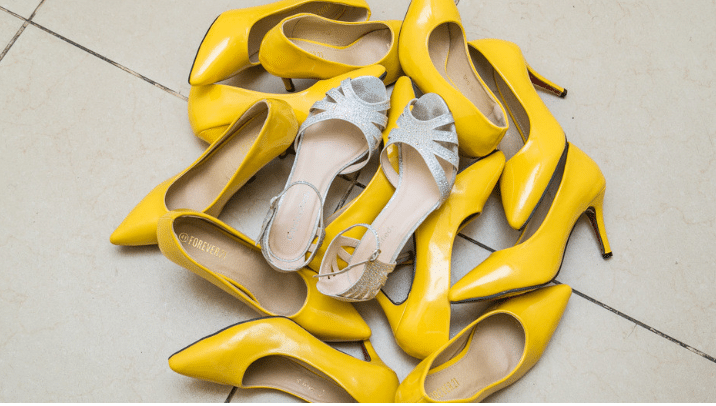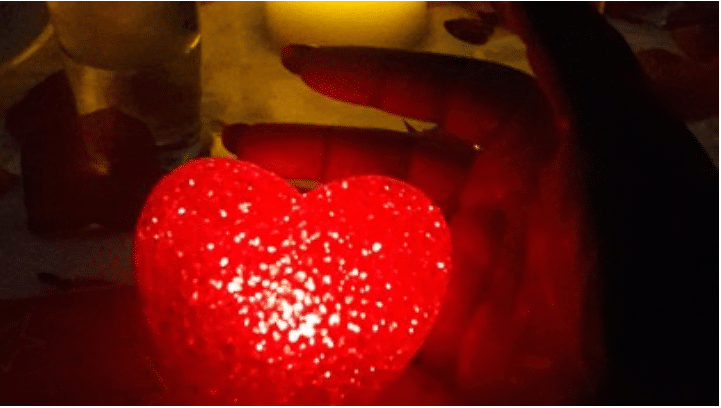Share the post "My wedding album and I Part 2: An analysis of the position of Intellectual property rights to Paparazzi photos."
Having written the first article on this topic I had intended to write another article on a second related topic which jumped into my mind, but I allowed laziness and procrastination to get the best of me. Now straight to the topic at hand: To whom belongs the intellectual property rights to celebrity photos shot at events or in a public place?
Now to the topic for today which is whether a paparazzi photographer can own the rights to celebrity pictures taken on his own accord. And what is the position where the intellectual property rights infringe on the celebrity’s constitutional rights to privacy?
It is common to see small barber shops or hair salons in Nigeria with pictures of both local and international celebrities as promotional tools. The same question comes to mind when pictures of celebrities are pasted all over the tabloids and magazines as headliners or fashion posts, or just for small gist or to gain publicity as a brand. This issue hit very close to home as I have been to an award show (the Headies) in the past, courtesy of a friend of mine who gave me a free ticket. This was when I had much less lumps and bumps, and all was well with the world. I was very shocked to see my photo boldly printed on the pages of a widely read newspaper/magazine as one of the well-dressed attendees. I couldn’t help but wonder what effrontery they had to post my picture without so much as a hint that my picture could be published. This effectively denied me a choice of whether I would like the picture posted in the magazine. But my proposed rage was halted by many thoughts of how nice the picture was, how someone may recognize me on the face of a tabloid and my then secrete craving for fame and glamour. Now with my new self-acclaimed status as a recognized non-celebrity, the whole saga felt more like a compliment, so instead of writing this article or stumping out of my comfort zone to bring those “criminals” to justice, I went ahead to cut out and keep my picture safe in my room.
Now moving smartly along and on a more serious note, I have read the provisions of the Copyright Act repeatedly and seen that issues like this are not expressly provided for under Nigerian laws, except for section 37 of the 1999 constitution which provides for the right to privacy.
The questions that boggle my mind therefore are:
a. Whether the paparazzi owns the intellectual property rights to celebrity photographs taken by him/her.
b. What is the position of the law when intellectual property rights clash with the privacy rights.?
c. How does a celebrity protect his image from arbitrary publication and/or sale?
Some of the elements that can remove the automatic ownership of the copyrights from the photographer include the following:
- Trademarking: Some schools of thought are of the view the celebrity may trademark his or her picture to protect his right to privacy and any other intellectual property rights that may be connected thereto[1]. While this seems like a viable solution, one must question the extent to which the trademarking of an image will protect the celebrity Is just one angle specifically trademarked or the celebrities face in whatever angle it is captured?
- Payment of consideration in exchange for the Photo: Now let us bring this back to the Nigerian perspective; and by this, I mean our Nigerian “owambe” events, our glorious weddings, funerals, birthdays, housewarming, child dedication, etc. we all know the love-hate relationship with those freelance photographers who harass us with their cameras both big and small, our very own local paparazzi without whom we may not enjoy our brief moment of fame. The need to analyze such underrated but highly sensitive relationships is becoming more imminent as the technology era takes over our society. This is a situation where the line between consent and decent is more blurred than any other contractual relationship.
It is common knowledge that consent for pictures taken is usually given only after the pictures are developed and offered to the image owner who may choose to accept the picture with a slight shrug of the shoulder signaling acceptance and admiration for the photo or just to take the picture from a random photographer before they use the picture for charms or out rightly decline the picture. The question therefore is where the intellectual property rights lie, and at what point do the said intellectual property rights devolve from the photographer to his customer when little or no consent or consideration is given in the first instance.
The answer to this brings me back to Mr. Tuface’s story where (in summary) his very beautiful wedding picture was taken by an alleged paparazzi photographer. Upon demand for their pictures, the photographer in turn offered to give the photos to the celebrity at a fee. The photographer however upon payment delivered the photographs with his watermark very boldly inscribed on all the said photos. The photographer in that instant like in my above analogy was a paparazzi/freelance photographer taking advantage of the nice owambe event to showcase his talent.
The legal battle that ensued therefrom was in summary to clarify the fact that once money had been exchanged for the soft copy of the photographer’s pictures, the said photographer had in turn sold all intellectual property rights to same. Stating otherwise would mean that the photographer may do with the photo as he pleases, and in fact, the image owner will have to take permission from the photographer to post them on any social media platform, or to reprint for whatever purpose you may require.
3. Protest: we all know that celebrities get photographed daily by random people, and just like my interpretation of Lady Gaga’s hit song ‘Paparazzi’, some celebrities take desperate measures to ensure they get more coverage while the photographers make good money by selling the pictures to the highest interested bidders, in fact, most celebrities don’t seem to mind or care that much hence the saying “there is no such thing as bad publicity.
There exists a general tacit consent by celebrities and public figures as far as photography is concerned. The combination of tacit consent and the use or sale of celebrity photographs by the photographers presupposes an ownership of the rights to the celeb pictures in line with section 10 of the Copyright Act whereby the photographer being the originator of the photo owns all rights thereto; he can therefore do with the pictures taken as he wishes. However, an unequivocal protest against the photographer’s use of the celebrity’s picture will effectively distort the rights of the photographer[2].
Let’s take for instance the matter that arose in the British Royal Family. Princess Kate Middleton whose story has touched the lives of many is well known as a celebrity and gets photographed daily. However, when she was photographed topless by a photographer while on vacation with her husband, the princess made a clear protest by suing the photographer and his sponsors for invasion of privacy, with large amounts claimed in damages. This was an unequivocal protest to which the courts awarded cost in damages to the royal couple.
It is worthy of note however that protest in this instance will not shift the ownership of the intellectual property rights but will bar the photographer from further use of the said picture and extinguish any rights he may have to make financial gains from the photo without the consent of the image owner.
In this instance, therefore, the right to privacy as in section of the 1999 constitution of the Federal Republic of Nigeria will trump the photographer’s intellectual property rights
IN SUMMARY
1. the Copyright Act, the photo and the intellectual property rights therein belong to the photographer, his employers, or his hirers in the first instance as the commissioner of the photograph.
2. A paying customer whether before the fact will be paying for the services of the photographer as well as all intellectual property rights attached to the photographs taken except otherwise stated in writing.
3. The intellectual property right may be transferred to a paying customer who pays a negotiated amount for the pictures except otherwise agreed.
4. Where the photo is taken of a celebrity or public figure by a freelance/ paparazzi photographer, all rights in the said photo will belong to the photographer except where the celebrity or public figure makes an unequivocal protest on the grounds of invasion of privacy rights. This however does not strip the photographer of his intellectual property rights on the photographs, it only prevents the photographer from using the photos publicly.
Now another issue arising from this is who is a celebrity in the Nigerian context. This is a topic for another day.
REFERENCES
[1] AYOKUNLE ADETULA; Image Rights and IP in Nigeria;http://barcode.stillwaterslaw.com/1.1/2015/12/21/image-rights-and-ip-in-nigeria/
[2] https://www.theguardian.com/world/2001/jan/08/law.media; Now you see us, now you don’t



